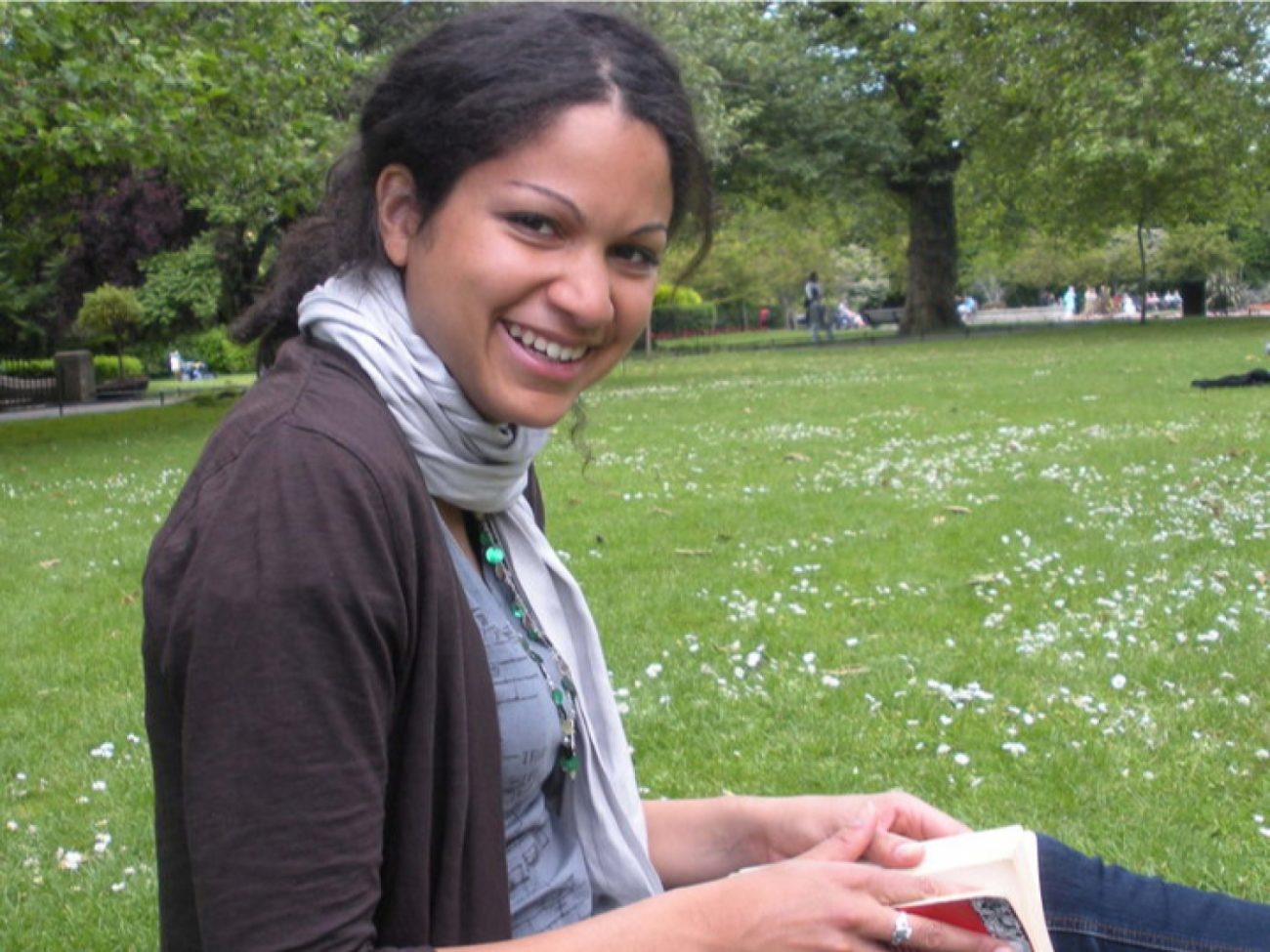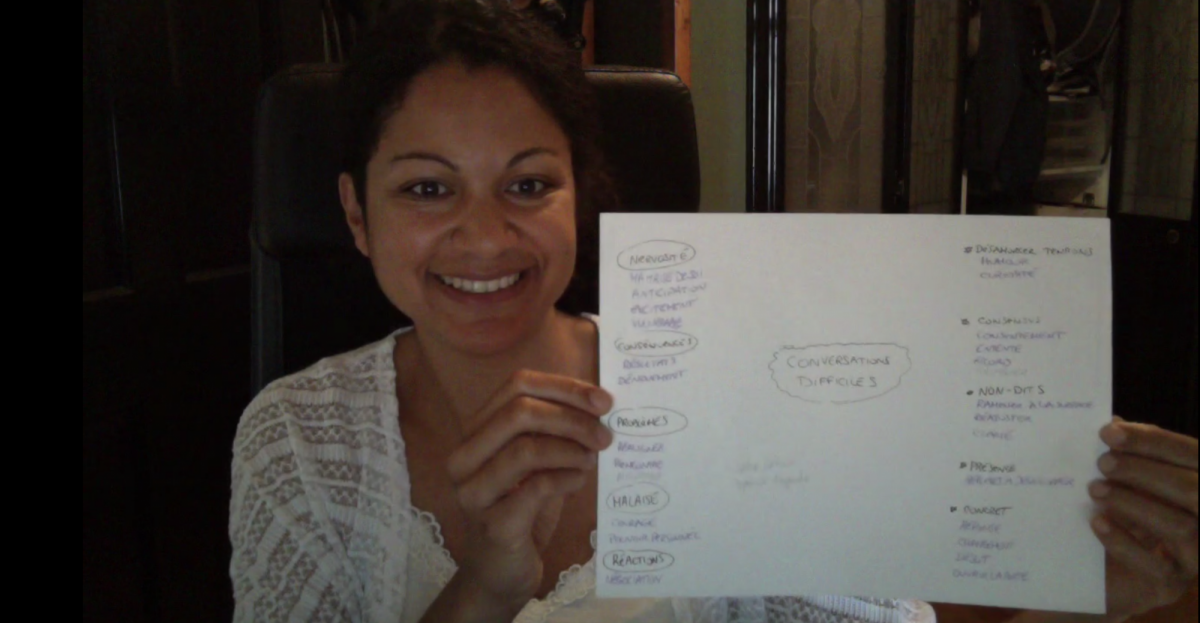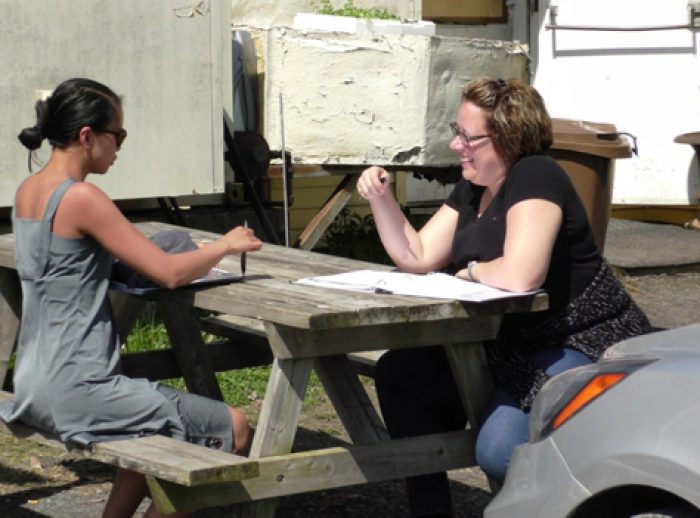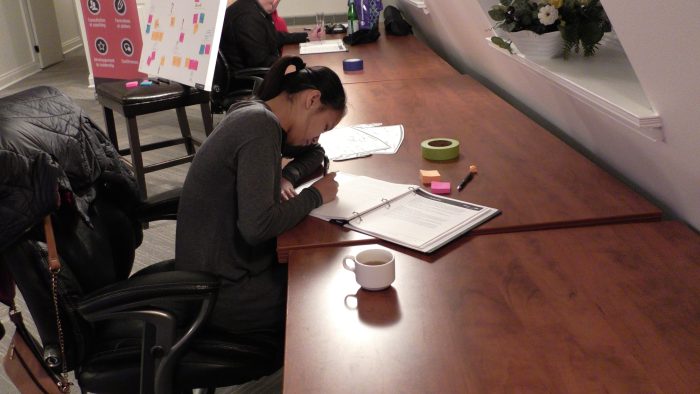Taming her discomfort — A newfound awareness led Marilyn to take the drama out of difficult conversations.

"It’s much more than a learning experience: your perception will completely change how you see these conversations."
Industry: Communications
Job title: Content strategist and filmmaker
Here is what Marilyn had to share after participating in the Mastering difficult conversations coaching program.
The main challenge I addressed
I had huge fears and reluctance at the thought of having uncomfortable conversations with people. I was afraid of damaging the relationship, or that the person would disagree and that it would escalate into a full-blown conflict.
I knew it was a recurring problem in my life that sometimes kept me from moving forward and having productive relationships with people. I had a lot of insecurity about it. I had a tendency to imagine all the possible scenarios of how it could go, from bad to worse to nightmarish.

How my mindset changed
First of all, I became aware that these conversations are only “difficult” because we choose to think of them that way! My overactive imagination doesn’t create as many scenarios as it did before (but still a little).
I had a big A-HA moment when I learned that we could only handle our 50% of the conversation. It was an opportunity for me to let go and focus on what I can control: the intention I have for the discussion, and the power that comes when I name that intention. People immediately know that I'm not there to attack or blame them, but rather to create alignment.
I'm on a journey to get away from my previous status quo. I want to take the time to learn and practice, even after the end of the program. I believe in learning by doing, and that’s how I will continue to gradually improve.
What I learned
I pay attention more in conversations. Even with my partner, it makes discussions a lot easier when we are able to stay aligned with our intention: we can spot and adjust what and how we’re talking before it gets out of hand! Naming the intention is a very simple way to defuse tension, it seems to deescalate situations right away.
I also do a lot more metacommunication — that is, talking about the conversation before and while it’s happening.
The fact that we can turn a conversation into an opportunity to better understand the other person, and not just try to deliver our message, was very meaningful.
My experience during the program
It's a great crash course where you discover the range of emotional intelligence required to actually lead a conversation. But it’s much more than a learning experience: your perception will completely change how you see these conversations and how you lead them once you are in them.
Having other participants from different backgrounds and companies was a major asset. Every person had their own unique situation, but we could identify with everyone’s issues. A big thank you to Steffan for knowing when to challenge us, when to provoke thoughts to push us further and encouraging us to be ourselves in a safe space.
My three key moments
My three A-HA moments were the following:
- The power of intention: you need to get clarity about yourself, your feelings and your needs to have authentic relationships with others.
- Accept your share of responsibility: understand the impact that you have, voluntarily or not, on people and take full responsibility for what you create.
- Learn to be present and to notice: the most meaningful thing, but also the most difficult to apply! Perceiving how the other reacts, at the same time that we pay attention to what is happening inside us... it’s really not obvious!


